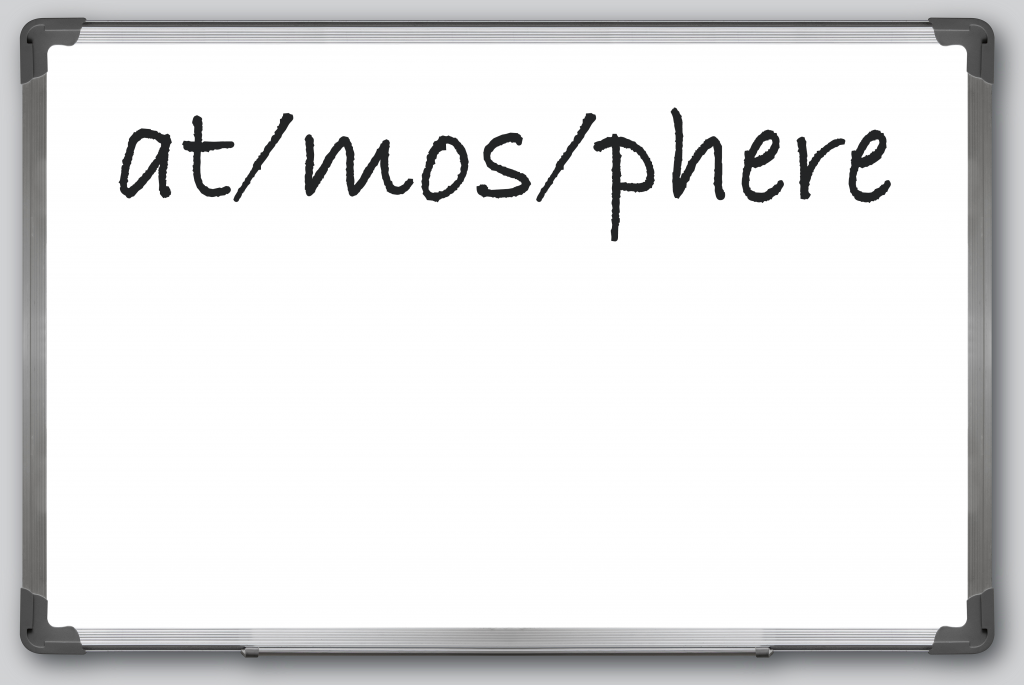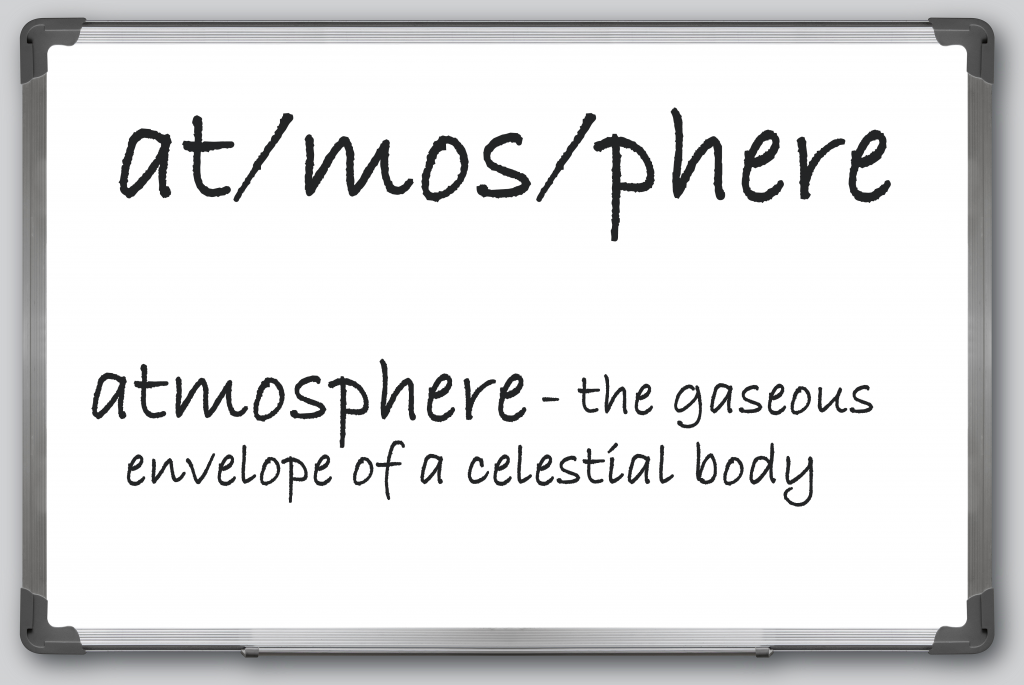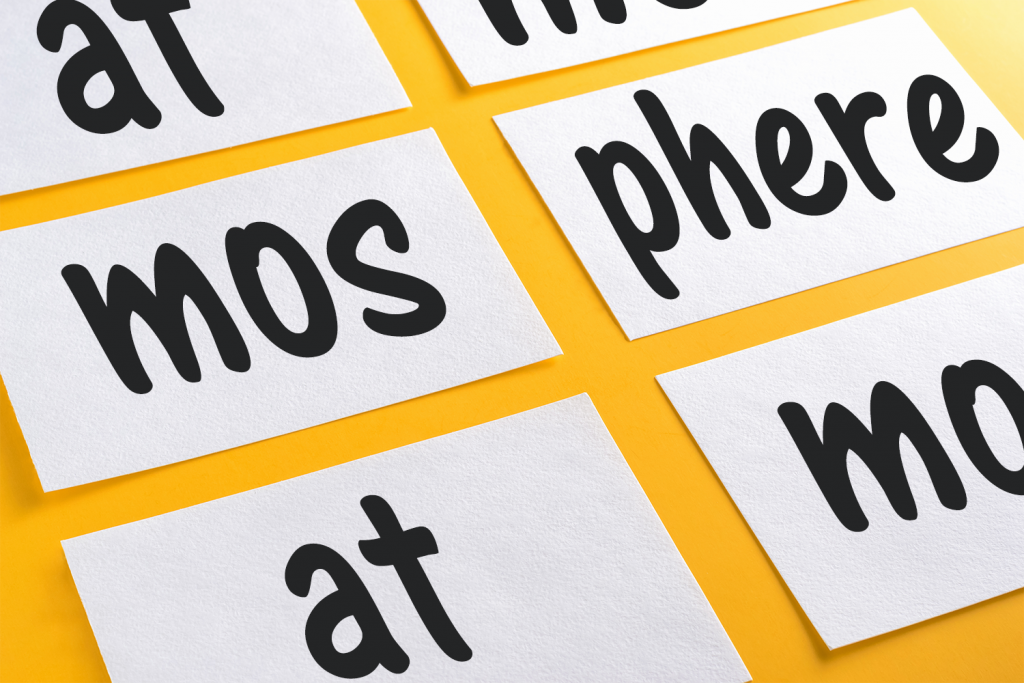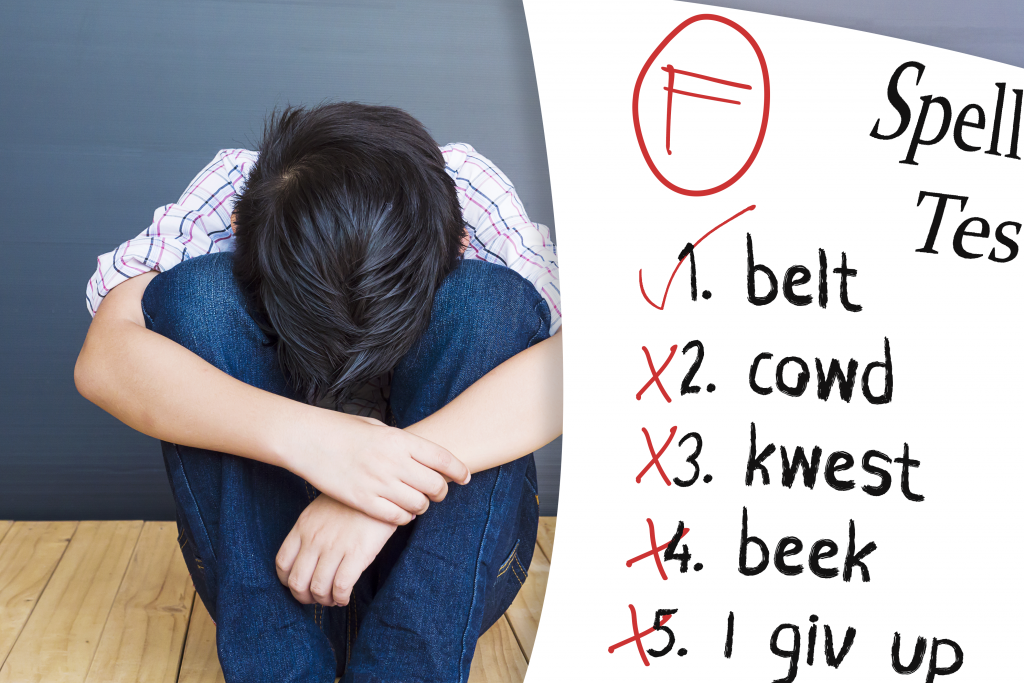Last weekend I ran into my sister at the gym. We did our 30-minute CX class to rein in our tummies and then stopped afterwards for a quick cup of tea and a chat.
She told me that next week she would be attending a Professional Development Day on how to introduce literacy, expand vocabulary and improve spelling skills in her Year 8 Science class.
My sister teaches; Science, Humanities and History and is by no means an expert in literacy and teaching spelling… Yet… here she was telling me that she had to teach one new word to her students each day in every class. This was all part of a new education department strategy to improve literacy skills across all subject areas.

My sister was bemused and a little confused, “How am I supposed to do that at the beginning of every class?” She asked me.
Of course, my brain got a huge endorphin hit and went into overdrive. I started to spew out all these ways she could achieve it and make it fun.
I’m Liz Dunoon, and no, I’m not a weirdo. I spend every day of my life finding ways to make reading and spelling easier for children with school learning difficulties. That is my passion and I’ve been doing it for about 15 years now… but who’s counting?
So… if like my sister, you need some help in this area, today I’m going to give you 3 ‘fun’ ways you can teach a word in isolation to Year 8 students. That’s right… I said fun!
Let’s choose the word ‘atmosphere’ to make it even more fun… If you’re a science buff that is.

- Write the word on the whiteboard like this at/mos/phere in big letters. Divide the students into three groups. Instruct group 1 to say at in a big loud voice. The second group to say mos in an equally loud voice, then the third group to say phere the same way. Point to the groups of letters in each syllable as they say their word part. Get faster and faster until they can’t keep up. Ask them to shut their eyes and visualize the word atmosphere and write it in their books 5 times in a row. Done! They won’t ever forget how to spell the word atmosphere again.

- Write the word atmosphere on the whiteboard. Next to it, write a one-sentence description of what the word means. Yes, Science teachers, only one simple sentence… you can do it. Get your students to pair up. Student number one needs to spell the word out loud while clapping each letter to their partner and say the simple sentence out loud. When they are finished, the second student needs to do the same. Get them to do this three times each, taking it in turns. They can look at the board if they want. Once they have completed this exercise three times each, they must stand facing the back of the room and spell out loud the word atmosphere while clapping each letter and recite the meaning.

- Before the class starts, write the word part at on 25 slips of paper. Do the same with the word part mos and the same with the word part phere. Okay! You can use a photocopier if you want to. Now cut them up with a pair of scissors. In your classroom put each word part in a different location. Once your students are seated, write the word on the board like this at/mos/phere. Give them 20 seconds to walk around the class…and I stress walk, not run or jog, to collect all three word parts and put them together to make the word ‘atmosphere’. Once they have all three word parts, they need to write the word ‘atmosphere’ in their books 3 times.
On second thought, maybe you should do these activities at the end of the Science class. You don’t want to make your students too excited at the beginning of your class, do you? Much better to make them all rowdy when you’re about to pass them on to a new teacher.
And that’s just the beginning, I can promise you I’ve got lots more ideas to make learning fun and memorable.
Why is it that children today struggled to spell? Poor spelling skills affect about 50% of the adult population and much of the blame falls upon our teachers. Children attend school up to 6 hours a day. Why is it that spelling remains such an issue?

Are our teachers to blame or is it their training that is lacking? If you want my opinion, I’d say it’s the training.
If you’d like to learn more about how I’d be training teachers today, you need to attend my webinar.
On it, you will learn how to improve a child’s reading and spelling skills, whilst improving their self-confidence, because we all know that a child who struggles to read and spell feels like a second-class citizen in a formal school setting.
I designed my method to help parents like me who had children who struggled with literacy at school, but it seems teachers are finding my methods incredibly valuable too.

I look forward to seeing you on the webinar but don’t hesitate, our platform can suffer from member overwhelm, so from time to time we limit student numbers.
Have a great day and happy teaching.
Liz Dunoon




















Greetings,
This idea is really great for middle school students, teachers can use this technique as a starter of warmup activity for their classroom, this method will bring students engagement.
students feel very comfortable in developing their pronunciation skills.
Good morning from the Virgin Islands
My name us Juliet.
I must say that your articles are interestingly amazing but sad to say I have not been able to get in on your webenars.
We have very bad wifi issues here in the virgin islands because of some storm systems that have pass through the region. It has been quite difficult to get through live.
Do you have recorded or videos of session pass or present of your webinars? Really would like to know.